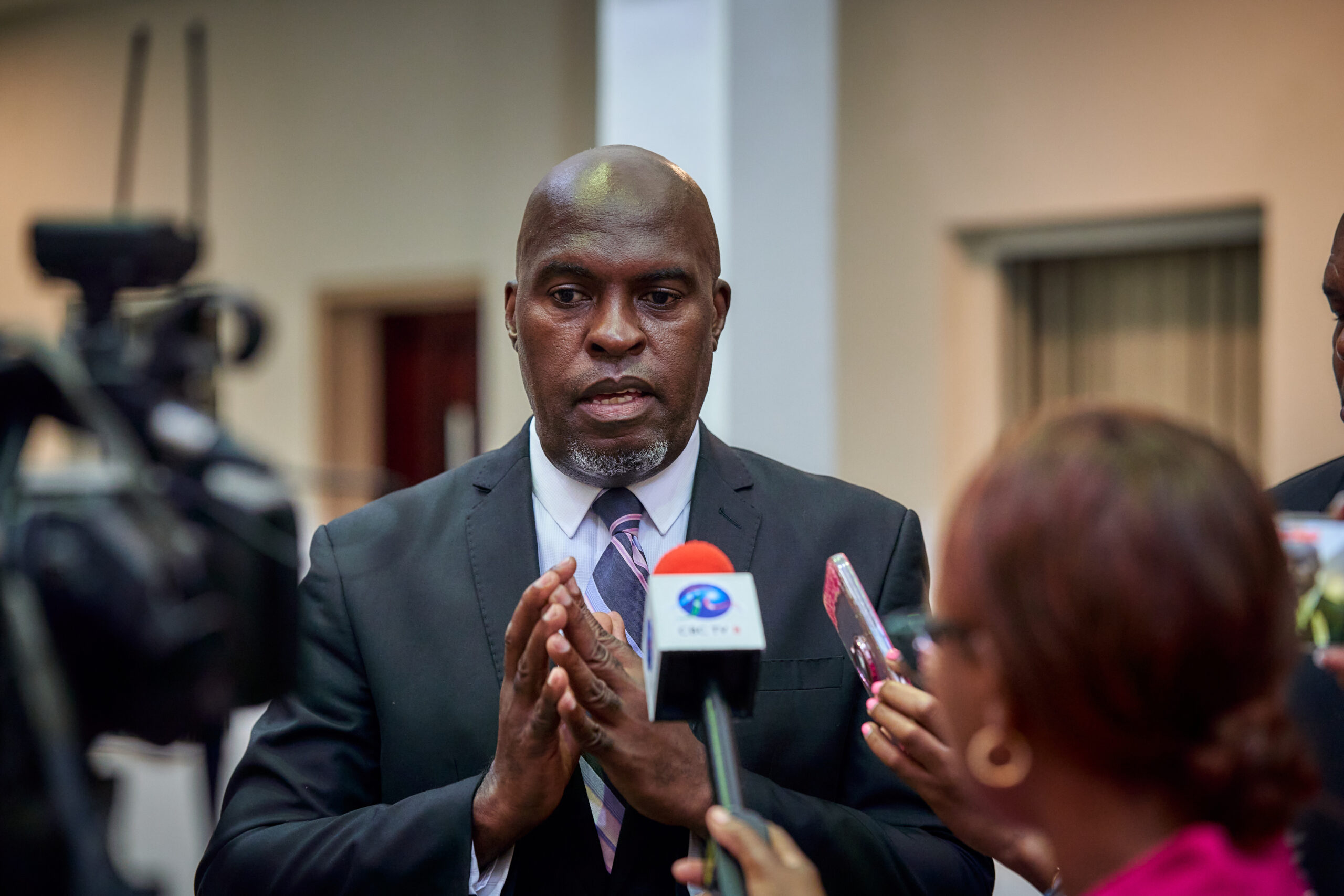Prominent criminal defence lawyer Michael Lashley has called for an “independent investigation” into the death of a 29-year-old man in a police cell earlier this month, and for the whereabouts of his body to be made known.
The King’s Counsel has also urged the introduction of new legislation to safeguard the rights of individuals held in police custody.
The action and suggestion follow the discovery of Kemo Grant unresponsive in a cell at Bridgetown’s Central Police Station on June 9.
A police statement said officers conducting regulation cell checks around 7:35 a.m. found Grant motionless. An ambulance was called but not available, so a doctor attended and pronounced him dead.
His family has since demanded answers and to view his body.
Lashley, representing relatives, said he wrote to the police commissioner on Monday requesting the location of Grant’s body and calling for a probe.
You Might Be Interested In
“I have sent a letter on behalf of the family requesting that the family be shown the body immediately and that a full and independent investigation be carried out in relation to the facts and the circumstances surrounding the cause of death of Kemo Grant and further that they be informed immediately about the whereabouts of the body,” he told Barbados TODAY.
The senior attorney added that it was time for “a new legislative regime that protects the rights of citizens whilst held in police custody, similar to the Police and Criminal Evidence Act in England”.
He also proposed that the State should appoint duty counsels through legal aid to represent suspects during police interrogations if they do not have their own lawyer, mirroring systems in Trinidad and other jurisdictions.
A landmark piece of legislation in force for the last 40 years, the Police and Criminal Evidence Act is a comprehensive statutory framework governing every aspect of police custody powers in England that enshrines key legal protections against abuse of rights that had previously been lacking. At its core are several codes that outline strict procedures and protections that officers have to follow.
One of the most significant is Code C. This code mandates that upon detention, suspects must be informed of their rights – crucially, their entitlement to free legal advice and to have someone notified of their arrest. It prohibits oppressive questioning techniques and requires interviews to be recorded.
The Act also imposes strict time limits on how long someone could be held without charge. After 24 hours, detention could only continue after reviews by senior officers scrutinising the grounds for continued custody.
A key legal protection is the right for detainees to consult a solicitor in private at any time. The police have a duty to facilitate access to legal advice without delay. For those who don’t speak English, the codes ensure they must be made aware of their entitlement to an interpreter.
The procedures extend to areas like searches, taking samples like DNA and fingerprints, and protocols around identification parades – all designed to uphold detainees’ rights. Additional safeguards are applied for those detained under anti-terrorism laws, such as access to legal consultation within 48 hours.
The law also established an independent custody visitor scheme where volunteers could turn up unannounced to check on detainee treatment and the condition of cells – an external oversight mechanism.

 4 months ago
65
4 months ago
65

 English (US) ·
English (US) ·